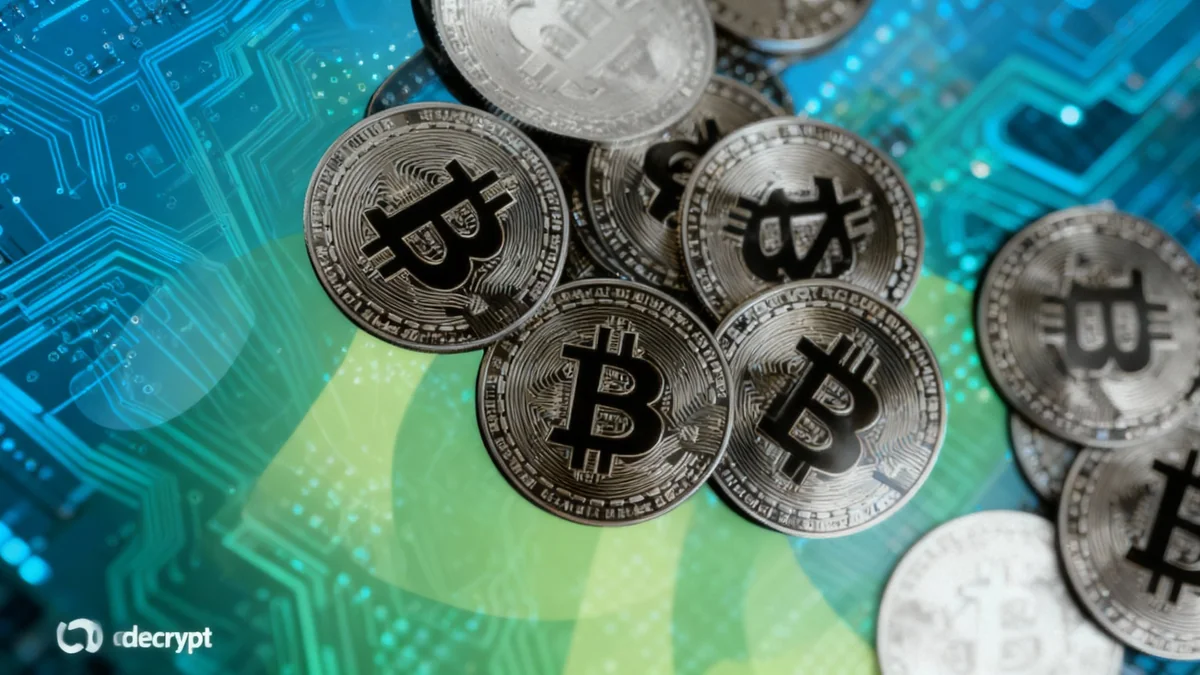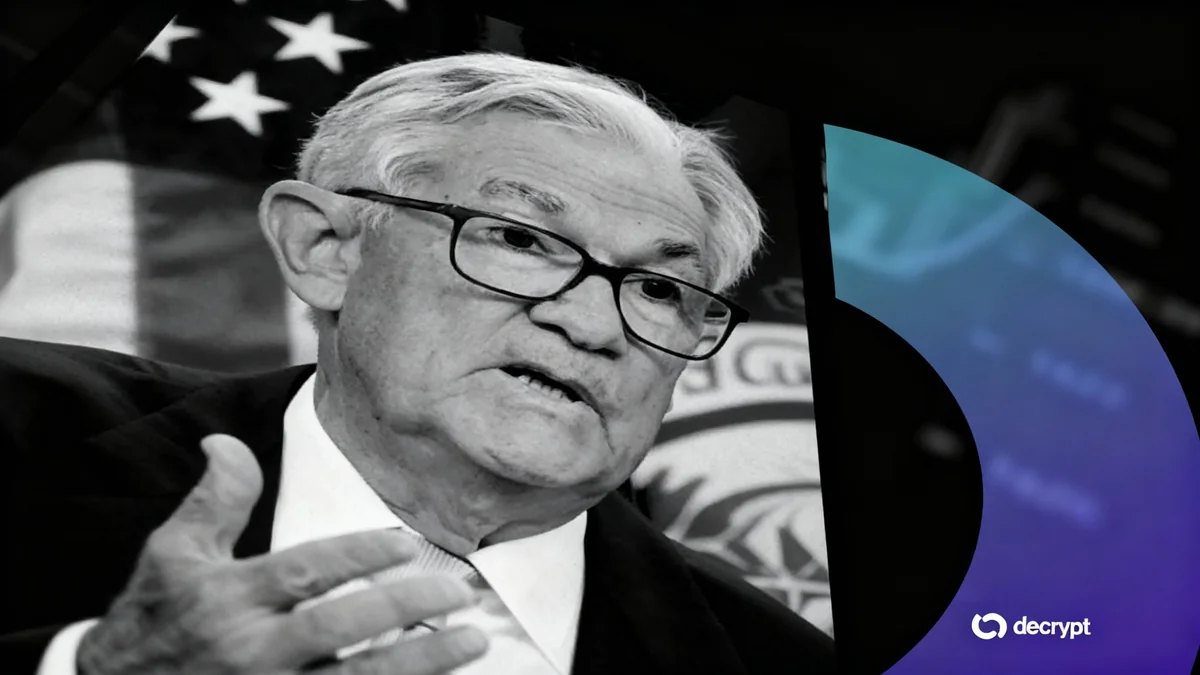The digital asset markets experienced a turbulent period marked by significant regulatory action, high-stakes trading, and intense political scrutiny. Canadian authorities levied a record-breaking fine against a crypto platform for compliance failures, while a massive $200 million Bitcoin trade fueled speculation. Concurrently, political controversies surrounding executive pardons and alleged meme coin promotions have added to investor uncertainty.
Key Takeaways
- Canadian regulators imposed a historic $126 million fine on the crypto platform Cryptomus for anti-money laundering violations.
- A mysterious trader closed a $200 million short position on Bitcoin just before a price increase, sparking market analysis.
- Political tensions have escalated with criticism over a presidential pardon for Binance's founder and allegations linking a politician to a meme coin project.
- The events highlight a maturing but volatile crypto landscape where regulatory oversight and political influence are growing.
Regulatory Scrutiny Hits New Heights
A clear signal of intensified government oversight came from Canada, where the nation's financial intelligence agency took decisive action against a Vancouver-based cryptocurrency firm. The platform, operating under the name Cryptomus, was hit with a staggering $126 million fine (Canadian $176.9 million).
The penalty addresses severe breaches in anti-money laundering (AML) and counter-terrorist financing protocols. Officials detailed that the company, registered as Xeltox Enterprises Ltd., failed to report thousands of suspicious transactions.
Details of the Compliance Failures
The investigation revealed that Cryptomus neglected to file over 1,000 suspicious transaction reports. These transactions were reportedly linked to illicit activities, including sanctions evasion and ransomware operations.
Additionally, the firm failed to register as a money services business with the regulatory body. This action represents one of the largest financial penalties of its kind in Canada, underscoring a global trend of stricter enforcement within the digital asset industry.
The Global Push for Crypto Regulation
Governments worldwide are increasing their efforts to regulate the cryptocurrency space to prevent illicit financial activities. This includes enforcing Know Your Customer (KYC) and Anti-Money Laundering (AML) requirements, which mandate that platforms verify user identities and report suspicious behavior to authorities.
Whale Watching and Market Volatility
While regulators were making headlines, a significant market event captured the attention of traders. An anonymous crypto wallet, previously alleged to have ties to prominent political figures, closed a massive short position on Bitcoin valued at over $200 million.
The timing of the trade was notable, occurring just before Bitcoin's price began to rise. Closing a short position involves buying back the asset, which can itself contribute to upward price pressure, especially with an order of this magnitude.
The Ethereum address in question had previously gained notoriety for profitable trades executed around moments of market volatility. While any direct connection to political insiders has been denied by individuals linked to the wallet, the sheer size of the positions continues to fuel speculation about informed trading.
What is a 'Short' Position?
In financial markets, shorting is a strategy where an investor borrows an asset and sells it, hoping to buy it back later at a lower price. Closing a short means buying the asset back to return it. If the price has fallen, the trader profits. If it has risen, they incur a loss.
Political Firestorms Erupt Over Crypto
The intersection of cryptocurrency and politics has become a flashpoint for controversy. A recent presidential pardon for Binance founder Changpeng Zhao has drawn sharp criticism from lawmakers, including Representative Maxine Waters.
"Trump's pardon of Binance founder Changpeng Zhao—who pleaded guilty to enabling money laundering...is an appalling but unsurprising abuse of power," stated Rep. Waters, highlighting the accusations that the pardon was tied to the administration's crypto ventures.
Zhao had previously pleaded guilty to charges related to facilitating illicit transactions on the Binance platform. Critics of the pardon argue that it undermines the rule of law and rewards criminal behavior for political gain. The move has ignited a debate over the influence of the crypto industry in Washington.
Meme Coin Scandals Add to Political Intrigue
Separately, another political figure, Argentine President Javier Milei, has faced fraud allegations connected to the promotion of a Solana-based meme coin named LIBRA. While Milei has denied any prior knowledge of the project, on-chain data has reportedly surfaced linking the token's issuers to another project, the MELANIA meme coin.
These events illustrate the growing risks for public figures who engage with the volatile and often unregulated world of meme coins, where accusations of "pump and dump" schemes are common.
A Market in Transition
Despite the controversies, the crypto community continues to build its own unique culture. In Santa Monica, California, a different kind of symbol for the industry was unveiled: a statue of a great white shark, meant to represent Bitcoin as the "apex predator of money."
The art piece served as a backdrop for an industry conference, symbolizing a belief in Bitcoin's long-term dominance. This juxtaposition of cultural confidence against a backdrop of regulatory crackdowns and political scandals paints a picture of an industry at a crossroads.
Investors and participants are now forced to navigate a landscape where a single regulatory announcement or a massive whale trade can shift market dynamics in an instant. The increased oversight, while creating short-term headwinds, is seen by some as a necessary step toward mainstream adoption and long-term stability.





